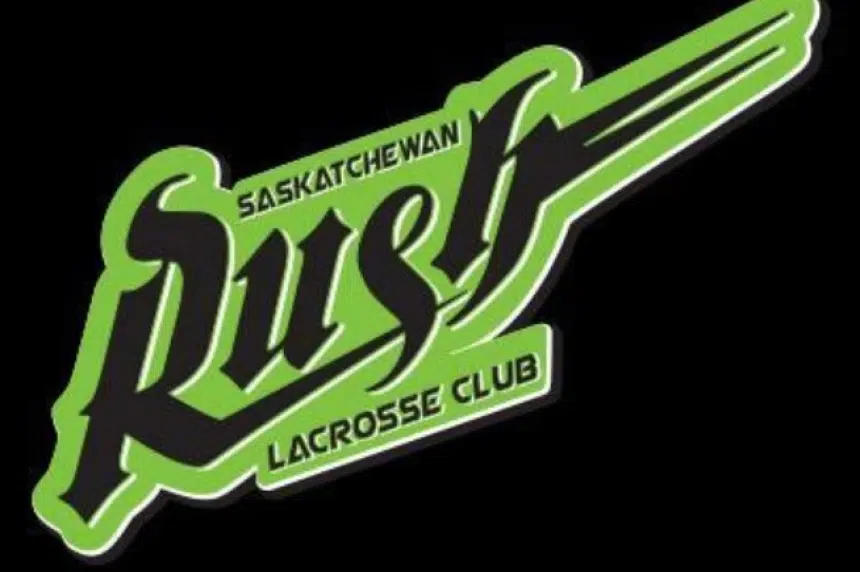Lacrosse fever hit a boiling point Friday with the Saskatchewan Rush home-opener at SaskTel Centre.
As thousands filed in to watch Saskatchewan’s new pro-sports team, Randy Fernets with Tourism Saskatoon thinks this is just the start of something big for Saskatchewan sports fans.
“It’s pretty significant that we’re bringing in a team that is a winner already. I don’t think it’s happened before where a team has moved after winning a championship to another city,” Fernets said, referencing the Rush’s National Lacrosse League championship last year in Edmonton.
“We all know that our fan support is centred around a winning team and their game in Calgary was very exciting to see, and once people get to experience the sport I think they’ll really get on to it.”
Not only is it great for sports fans, Fernets believes it’s also a welcome addition to the tourism industry.
For Friday’s game against Vancouver, buses came in from Edmonton and rural communities across the province. Some were filled with fans, others with younger generations of lacrosse players looking to learn a thing or two from the professionals.
“For the economy it’s a great thing because it brings people from outside the city here to spend money and with the economy dragging a little bit across the nation, the one thing that’s always a constant is sports and people continue to spend money on sports,” Fernets said. “Sports, it’s a little bit recession-proof because it’s an industry everyone is always involved in.”
While Tourism Saskatoon won’t know exactly what the economic spinoffs amount to, they will analyze data as the season progresses, looking at hotel bookings and overnights stays before they can being to quantify a dollar amount.
Fernets’ statements, however, contradict what many economists, including the United States Department of Labor, say about local sports teams and stadiums. Research by the Bureau of Labor Statistics concluded sports teams and stadiums had little to no impact on local economies and increased tax costs such as security and traffic control, which include police officers, for sporting events.
The argument over whether the City of Calgary should use $420 million in taxpayer money to fund a new stadium is currently being debated between Mayor Naheed Nenshi and Calgary Sports and Entertainment Corp., which owns the Calgary Flames (NHL), Stampeders (CFL), Hitmen (WHL) and Roughnecks (NLL) teams. Arguments of greater tourism and a boost to the local economy have been brought forward by the company. The same argument was had in Regina when plans to build the soon-to-be-complete Mosaic Stadium began to take shape.
For the Rush, fingers are crossed hoping Roughrider fans and prairie transplants return to Saskatchewan to take in a game or two.
“Saskatchewan people are well laced within the western provinces, so there is already Saskatchewan people to draw in and again we’re hoping to draw Roughrider fans because once they see the sport they latch on,” Fernets said.







